To provide the best experiences, we use technologies like cookies to store and/or access device information. Consenting to these technologies will allow us to process data such as browsing behaviour or unique IDs on this site. Not consenting or withdrawing consent, may adversely affect certain features and functions.
The technical storage or access is strictly necessary for the legitimate purpose of enabling the use of a specific service explicitly requested by the subscriber or user, or for the sole purpose of carrying out the transmission of a communication over an electronic communications network.
The technical storage or access is necessary for the legitimate purpose of storing preferences that are not requested by the subscriber or user.
The technical storage or access that is used exclusively for statistical purposes.
The technical storage or access that is used exclusively for anonymous statistical purposes. Without a subpoena, voluntary compliance on the part of your Internet Service Provider, or additional records from a third party, information stored or retrieved for this purpose alone cannot usually be used to identify you.
The technical storage or access is required to create user profiles to send advertising, or to track the user on a website or across several websites for similar marketing purposes.
 Research by employee benefits provider Unum claims two fifths (42 percent) of UK working parents and carers of children surveyed, had cancelled, or weren’t able to make a health care appointment due to work pressures. This figure is in stark contrast to employees without caring responsibilities; only 23 percent of whom have ever had to cancel or weren’t able to make an appointment. This highlights the disadvantage that working parents and carers of children are immediately faced with when it comes to achieving a good work-health balance. (more…)
Research by employee benefits provider Unum claims two fifths (42 percent) of UK working parents and carers of children surveyed, had cancelled, or weren’t able to make a health care appointment due to work pressures. This figure is in stark contrast to employees without caring responsibilities; only 23 percent of whom have ever had to cancel or weren’t able to make an appointment. This highlights the disadvantage that working parents and carers of children are immediately faced with when it comes to achieving a good work-health balance. (more…)








 A new report from information technology company Wipro Limited claims that enterprises of the future will be built on a foundation of Artificial Intelligence (AI), Analytics, Machine Learning, Deep Learning and Automation. According to the
A new report from information technology company Wipro Limited claims that enterprises of the future will be built on a foundation of Artificial Intelligence (AI), Analytics, Machine Learning, Deep Learning and Automation. According to the 
 Seniority in the workplace could be directly correlated to how often you listen to music whilst you work, claims a poll of 1,000 UK office workers. The research, which was carried out by London office developer
Seniority in the workplace could be directly correlated to how often you listen to music whilst you work, claims a poll of 1,000 UK office workers. The research, which was carried out by London office developer 
 While city centres are taking time to recover, there’s better news elsewhere, suggests
While city centres are taking time to recover, there’s better news elsewhere, suggests 
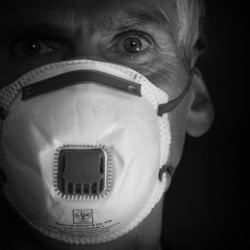 Insurance provider
Insurance provider 
 A new independent survey by
A new independent survey by 
 What impact is COVID-19 having on business confidence? And what recovery strategies are companies prioritising in response to the pandemic? Recruitment company
What impact is COVID-19 having on business confidence? And what recovery strategies are companies prioritising in response to the pandemic? Recruitment company 
 UK workers are most likely to log a claim against their employer for making them work excessively long hours, claims new data by health and safety training provider
UK workers are most likely to log a claim against their employer for making them work excessively long hours, claims new data by health and safety training provider 
 Supported by its Green Building Councils and their members, the
Supported by its Green Building Councils and their members, the 
 A new study by
A new study by 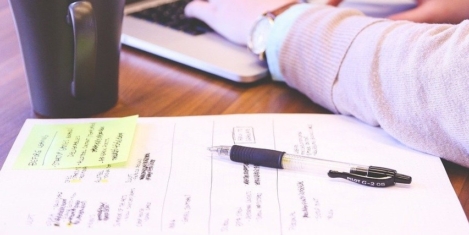
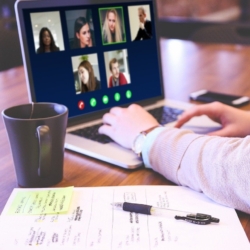 A recent study, which was commissioned by
A recent study, which was commissioned by 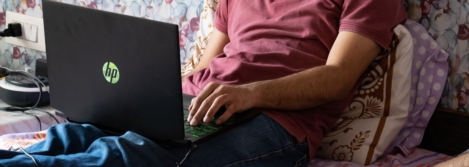
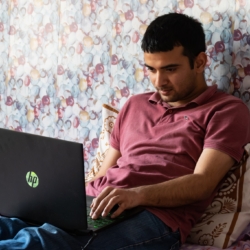 With many companies announcing that they will not force employees back to the office until next year, 34 percent of UK workers have admitted to feeling more productive since working from home. That’s according to new ‘Work Different’ research from
With many companies announcing that they will not force employees back to the office until next year, 34 percent of UK workers have admitted to feeling more productive since working from home. That’s according to new ‘Work Different’ research from 







